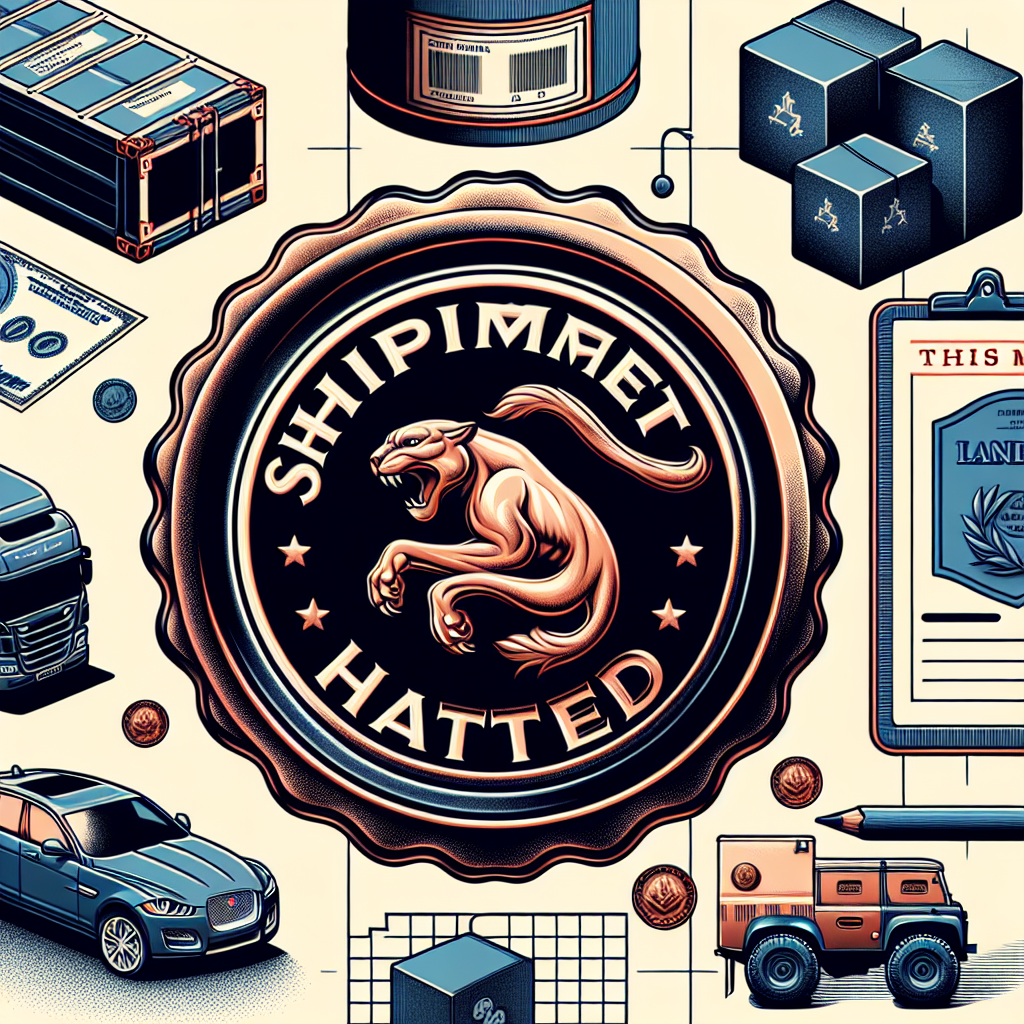Jaguar Land Rover Halts US Shipments Due to Trump Tariffs This Month
Jaguar Land Rover Halts US Shipments Due to Trump Tariffs
Overview
Jaguar Land Rover (JLR), the renowned British automotive company, has announced a temporary suspension of its vehicle shipments to the United States. This decision comes in response to the tariffs imposed by the Trump administration, which have significantly impacted the company’s operations and financial strategy.
Key Reasons for the Suspension
- Tariff Impact: The tariffs have increased the cost of exporting vehicles to the US, affecting JLR’s profit margins.
- Strategic Reassessment: JLR is reassessing its market strategy to mitigate the financial impact of these tariffs.
- Supply Chain Disruptions: The tariffs have caused disruptions in JLR’s supply chain, complicating logistics and production schedules.
Implications for the US Market
The halt in shipments is expected to have several implications for the US automotive market:
- Reduced Availability: Consumers may face limited availability of JLR vehicles, potentially driving up prices.
- Market Competition: Competitors may capitalize on JLR’s absence to increase their market share.
- Dealer Challenges: JLR dealerships in the US might experience inventory shortages, affecting sales and customer satisfaction.
Company Response and Future Plans
JLR is actively exploring alternative strategies to navigate the tariff challenges:
- Negotiations: Engaging in discussions with US officials to seek potential tariff relief or exemptions.
- Cost Management: Implementing cost-cutting measures to offset the increased expenses due to tariffs.
- Market Diversification: Expanding focus on other international markets less affected by tariffs.
Conclusion
The suspension of Jaguar Land Rover’s US shipments highlights the significant impact of international trade policies on global businesses. As JLR navigates these challenges, the automotive industry and consumers alike will be closely watching for developments. The company’s strategic adjustments and negotiations will be crucial in determining its future presence in the US market.








































